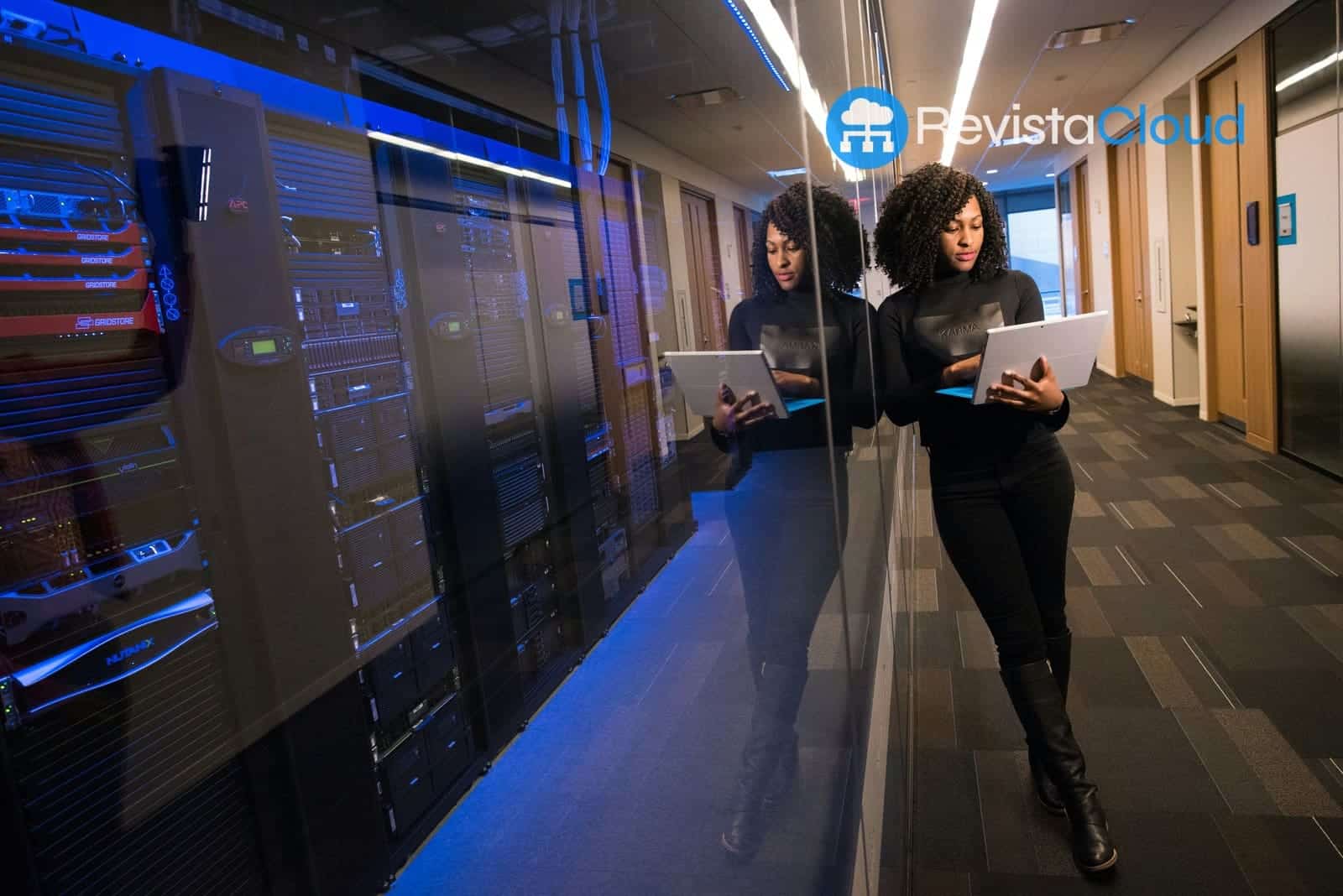The role of the Chief Information Security Officer (CISO) has become a crucial pillar for the cybersecurity of companies. As remote work increases, so do cyber threats, making it essential to have an expert who not only possesses advanced technical knowledge but also communication and leadership skills.
The latest report from ENISA indicates that 67% of healthcare organizations worldwide experienced a ransomware attack in 2023. This environment of insecurity has led Deloitte to report that 62% of companies in Spain increased their cybersecurity budget last year.
The CISO, who often collaborates closely with senior executives and other directors (CIO, CEO, CFO), not only leads the organization’s IT security strategy but also plays a key role in risk management and incident response. This figure is responsible for overseeing the security of the company’s technological infrastructure, from managing firewalls and backups to controlling access to data.
Among their functions are the development and implementation of secure processes, conducting threat analyses, and managing security teams. Additionally, they must stay up-to-date with the latest cybersecurity research to provide strategic recommendations tailored to the company’s needs and business objectives.
The CISO is also responsible for designing disaster recovery plans and conducting forensic investigations after an attack, with the goal of understanding how it happened and how it can be prevented in the future. This role has evolved from being a purely technical profile to becoming a business enabler working to align cybersecurity with the company’s overall strategy.
It is crucial for the CISO to have a strong technical background, supported by relevant certifications such as CISSP or CISM, and to combine this with a set of soft skills like leadership, the ability to communicate complex concepts effectively, and the ability to work under pressure.
The increasing reliance of companies on digital technology makes the role of the CISO more critical than ever. They must use advanced tools, such as artificial intelligence and machine learning, to protect the organization from sophisticated threats while managing the vulnerabilities that these same technologies may present. With the rise of cyber attacks, the role of the CISO will become increasingly central in the strategy of any modern company.

